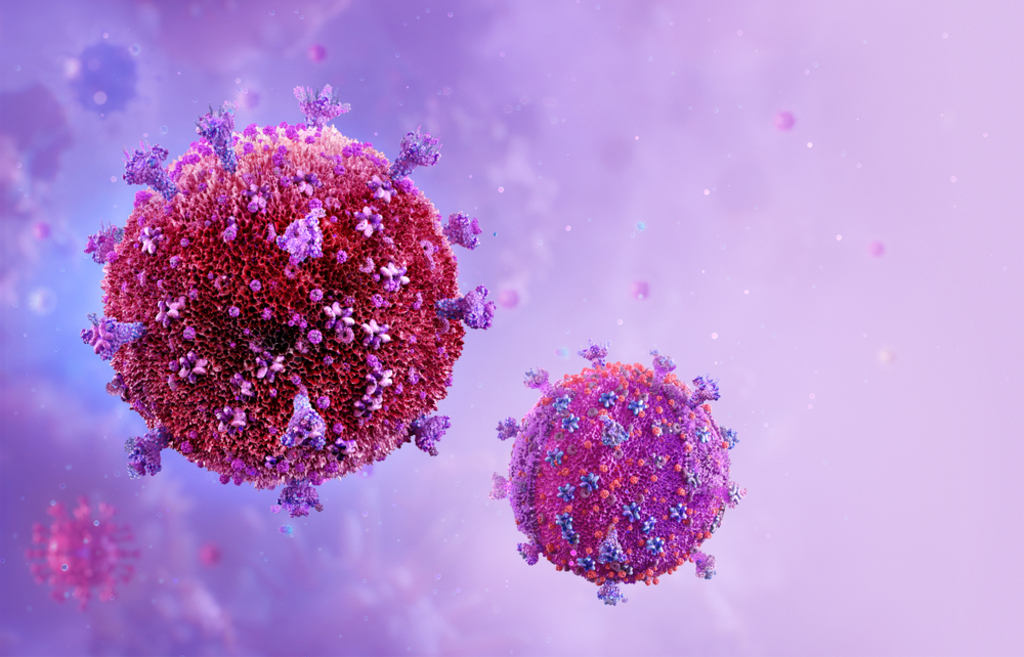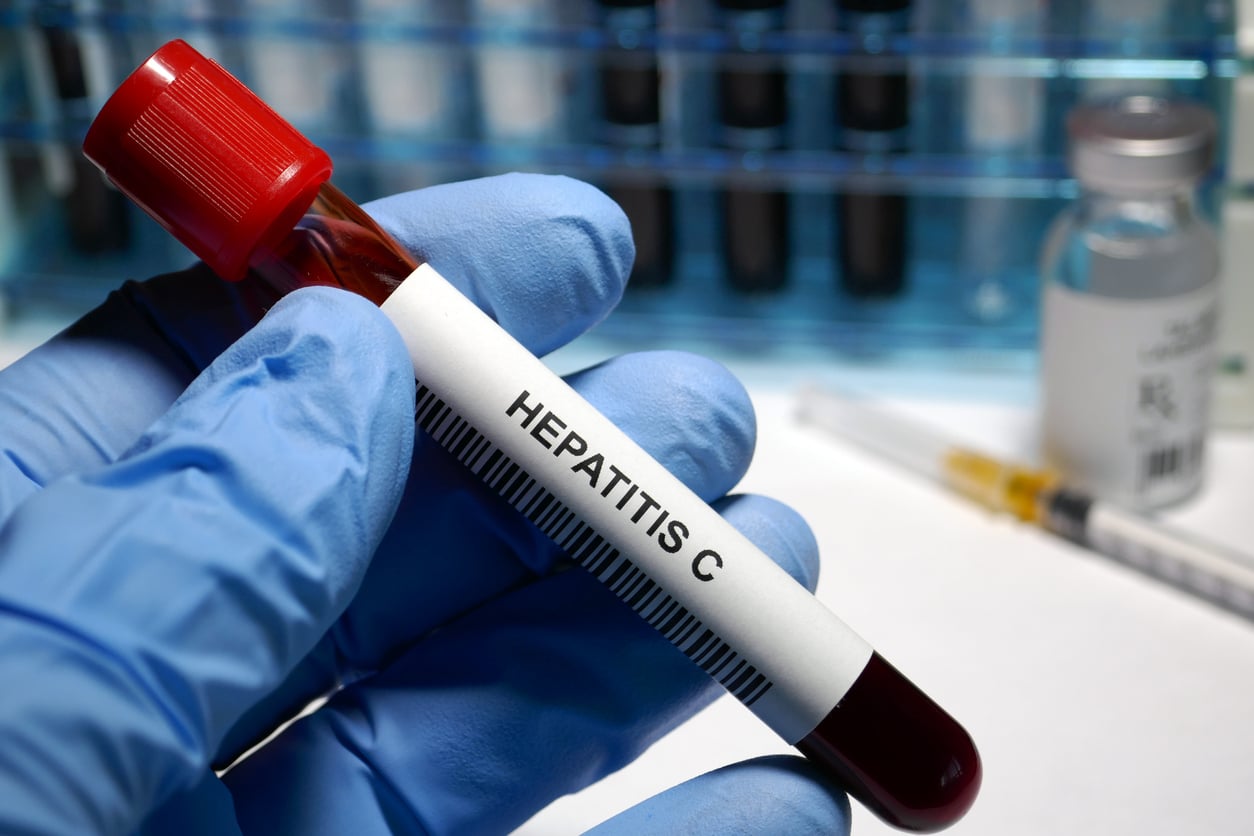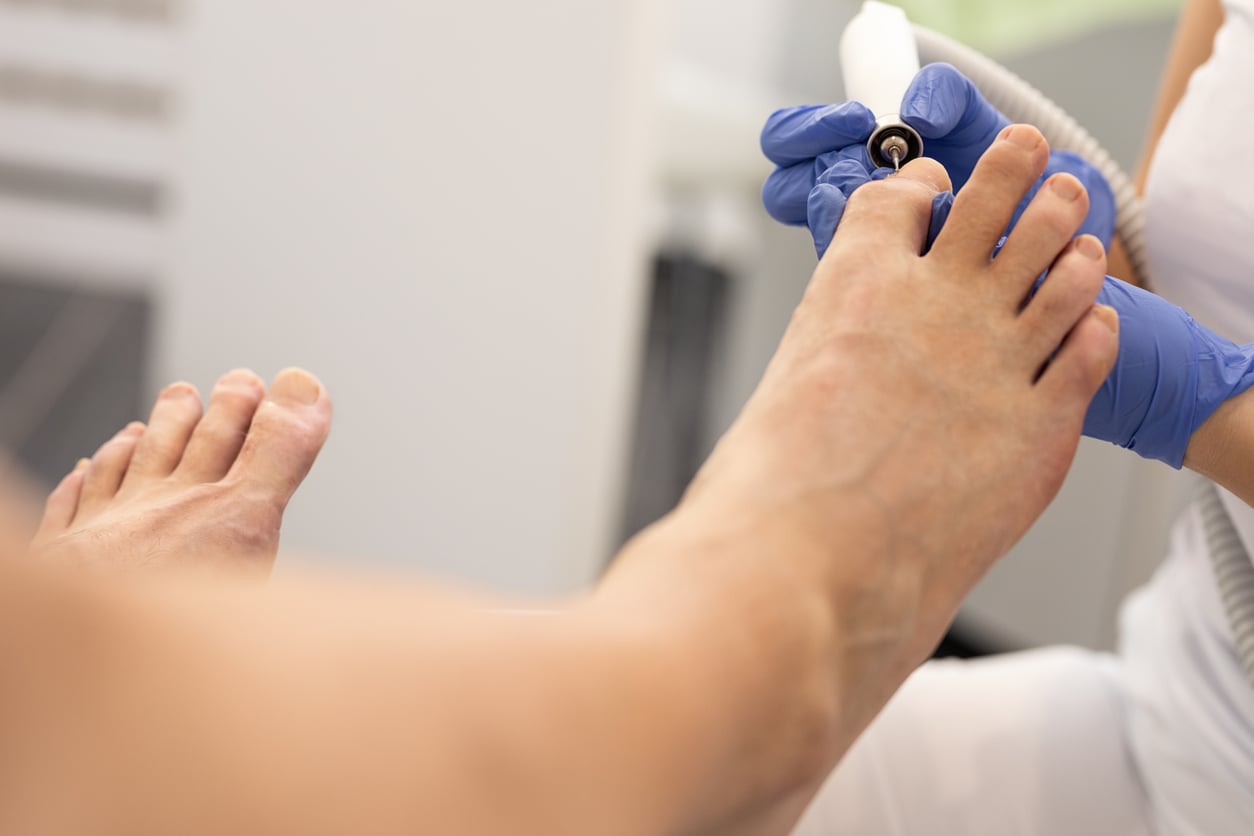Uncommon Signs and Risk Factors of HIV: What You Need to Know

HIV is a serious condition that can affect anyone, regardless of age, race, or gender. In this blog post, we will discuss some of the less common signs and risk factors of HIV. It is important to be aware of these signs so that you can get tested if necessary. Early diagnosis and treatment are essential for managing HIV.
One uncommon sign of HIV is swollen lymph nodes. Lymph nodes are small glands that help the body fight infection. They are located in the neck, armpits, and groin. Swollen lymph nodes usually indicate an infection somewhere in the body. However, they can also be a sign of HIV infection. If you have swollen lymph nodes that last more than a few weeks, it is important to get tested for HIV.
Another uncommon sign of HIV is a rash. A HIV rash can occur anywhere on the body and may be accompanied by itching, soreness, or redness. The rash is usually a sign that the virus is multiplying in the body and attacking the immune system. If you have a rash that does not go away after a couple of weeks, it is important to get tested for HIV.
There are also several risk factors for HIV that are less well-known than others. One of these is having unprotected sex with someone who has HIV. It is important to use condoms every time you have sex, even if you or your partner has been tested for HIV. Another risk factor for HIV is sharing needles with someone who has HIV. This includes sharing needles for drugs, tattoos, or piercings. If you share needles with someone, you are at risk of contracting HIV.
If you think you may have HIV, it is important to get tested as soon as possible. Early diagnosis and treatment are essential for managing HIV. There are many resources available to help you get the testing and treatment you need. You can find more information on HIV testing and treatment at the website of the Centers for Disease Control and Prevention (CDC).
HIV testing is important for everyone, regardless of age, race, or gender. Early diagnosis and treatment are essential for managing HIV. There are many resources available to help you get the testing and treatment you need. You can find more information on HIV testing and treatment at the website of the Centers for Disease Control and Prevention (CDC).If you think you may have HIV, don't wait to get tested - early diagnosis and treatment are key to managing the virus. The CDC website provides excellent resources on where to get tested and what treatments are available. Don't let HIV take control of your life - get informed and get treated today.



